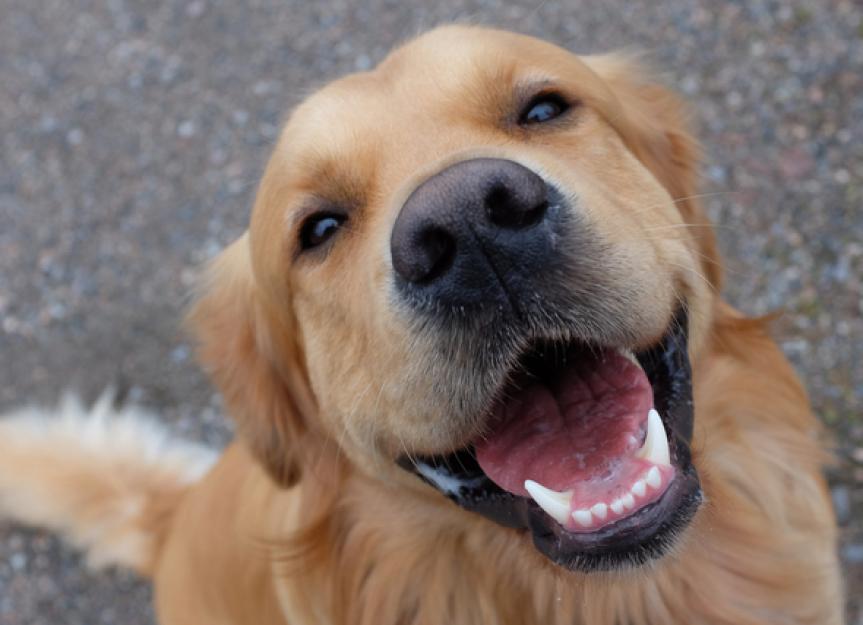
Maintaining a healthy weight is crucial for your dog's overall well-being. If your furry friend is overweight, it's essential to take steps to help them shed those extra pounds. In this comprehensive guide, we will discuss various strategies and practical tips to assist you in supporting your dog's weight loss journey.
Before diving into weight loss strategies, it's important to understand why your dog is overweight. Factors such as overfeeding, lack of exercise, and genetics can contribute to weight gain in dogs. Additionally, certain medical conditions may cause weight gain. Consulting your veterinarian is crucial to determine the underlying causes and ensure the appropriate weight loss approach.
Diet plays a vital role in weight loss. Consult your veterinarian to determine the appropriate caloric intake for your dog's ideal weight. Transition to a high-quality, low-calorie dog food, and strictly measure the portions to avoid overfeeding. Avoid free-feeding and focus on scheduled meals. Consider incorporating fresh fruits and vegetables as healthy, low-calorie treats.
Accurate portion control is essential for weight management. Measure your dog's food using a measuring cup or scale. Treats should be limited, and opt for low-calorie options or use a portion of your dog's regular food as treats during training. Minimize table scraps and avoid feeding them high-fat, unhealthy foods.
Exercise is a key component of weight loss. Increase the duration and intensity of your dog's physical activity gradually. Regular walks, playtime, and interactive games promote calorie burning and muscle development. Incorporate activities that engage your dog mentally and physically, such as puzzle toys or agility training. Consider activities like swimming or hiking, based on your dog's abilities and preferences.
Dogs often eat out of boredom. Provide mental stimulation through interactive toys, puzzle feeders, and hide-and-seek games with treats. Engaging your dog's mind and providing appropriate outlets for their energy can help reduce excessive eating behaviors.
Weigh your dog regularly to track their progress. Maintain a record of weight changes and consult your veterinarian to make any necessary adjustments to the weight loss plan. They may recommend a specific timeline for weigh-ins and further guidance based on your dog's response.
In conclusion, helping your dog lose weight requires a holistic approach, including a balanced diet, portion control, regular exercise, mental stimulation, and consistent monitoring. Collaborate with your veterinarian throughout the process to ensure your dog's health and well-being. With patience, dedication, and the right strategies, you can help your beloved companion achieve and maintain a healthy weight.
